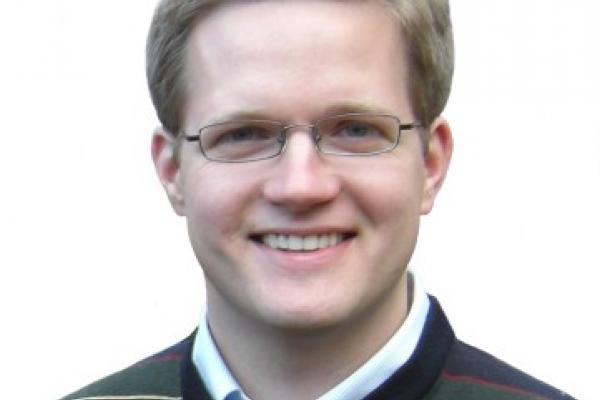Barack Obama’s critics allege that the president doesn’t practice what he preaches on international religious freedom policy. Last week they pounced on an apparent gap between presidential rhetoric and reality.
On Thursday, the same day that Obama issued his annual Religious Freedom Day proclamation, Religion News Service published an article highlighting his administration’s failure to quickly nominate a new ambassador at large for religious freedom.
Suzan Johnson Cook resigned in October and a successor has yet to be named. It took the administration well over a year to nominate Johnson Cook in the first place, and then a skeptical Senate took an additional year to confirm her. During her brief tenure Johnson Cook never escaped criticism that she was unqualified for the job.
Even so, Obama used his proclamation to affirm, “America proudly stands with people of every nation who seek to think, believe, and practice their faiths as they choose.” He promised that his administration “will remain committed to promoting religious freedom.”
Read the Full Article

